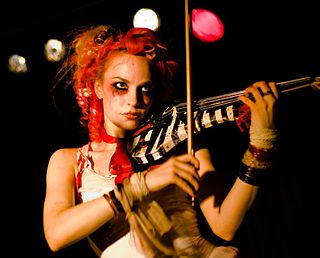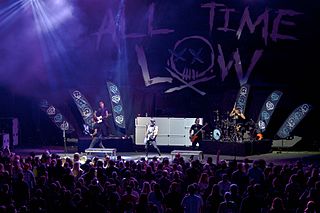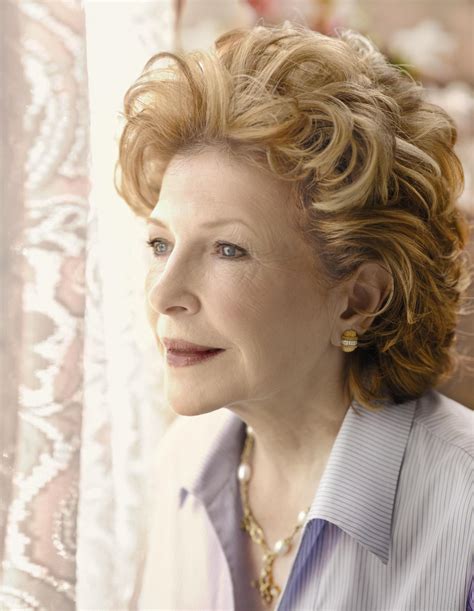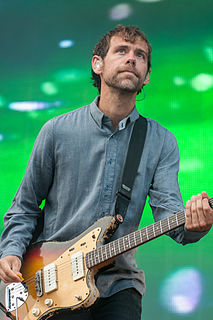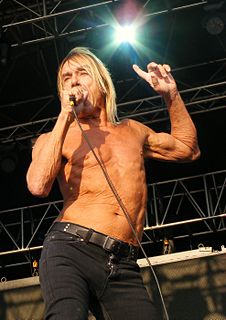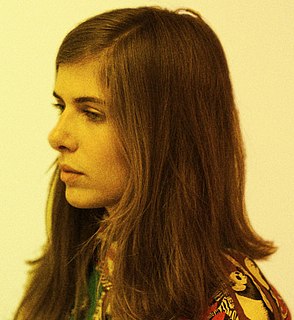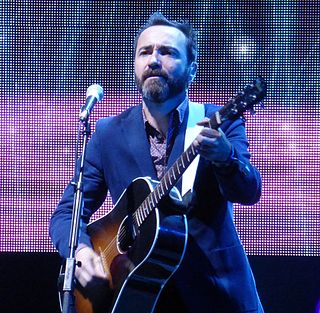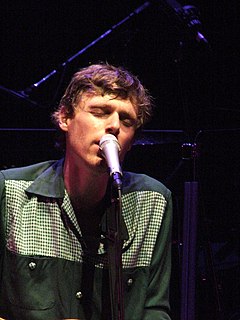A Quote by Emilie Autumn
I've learned that I work best when I'm entirely naked. The recording process was done that way.
Related Quotes
Burroughs called his greatest novel 'Naked Lunch,' by which he meant it's what you see on the end of a fork. Telling the truth. It's very difficult to do that in fiction because the whole process of writing fiction is a process of sidestepping the truth. I think he got very close to it, in his way, and I hope I've done the same in mine.
I'm not the kind of person who could join AA or have rules for myself or on Thursday take this vitamin pill. So, basically, I learned the hard way. I learned by trial and error, and tried to get drugs out of my work. That took about a year. If I was going to work, it was best that I be straight. And I was surprised at what came out.
Since I was from the theater, that's how I learned how to go through the process of being a character. That's how I learned, and that's what I was comfortable doing. And then, the first feature films, I'm sure I was no fun because I did not want to be spontaneous in that filmic way that really can work for you.
I chose to go to Arizona, because it was an opportunity to make something that I've never done. To work with different people and to have a good time when you're recording and to not have the whole thing be some sort of editing process in front of a computer, but to actually try and capture some sort of spirit.
